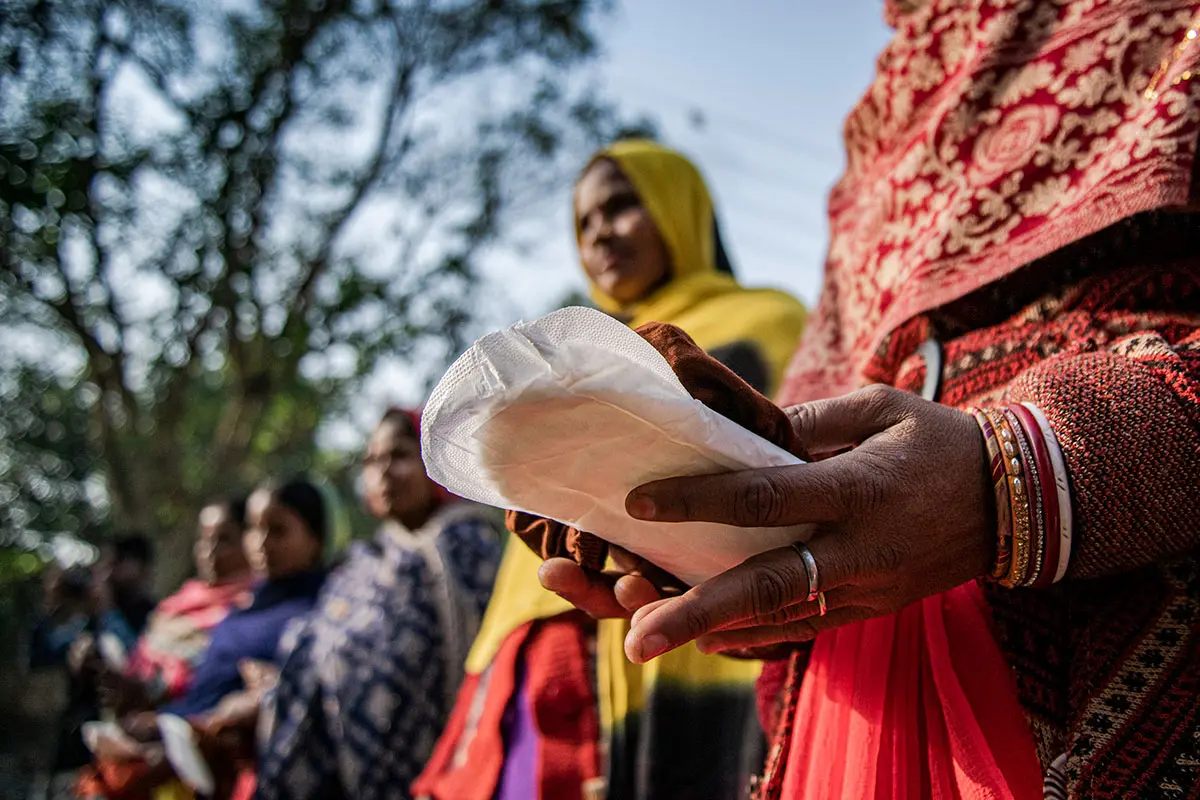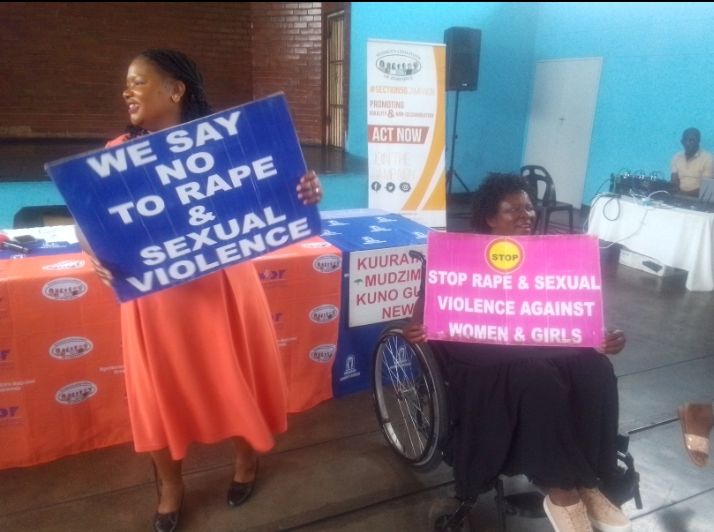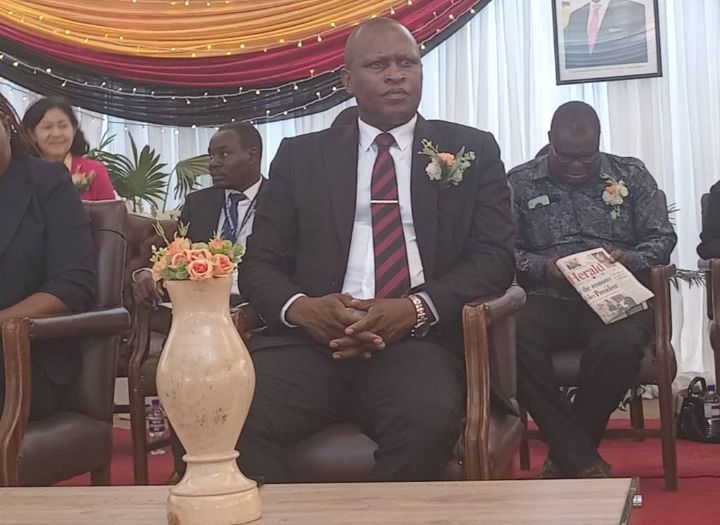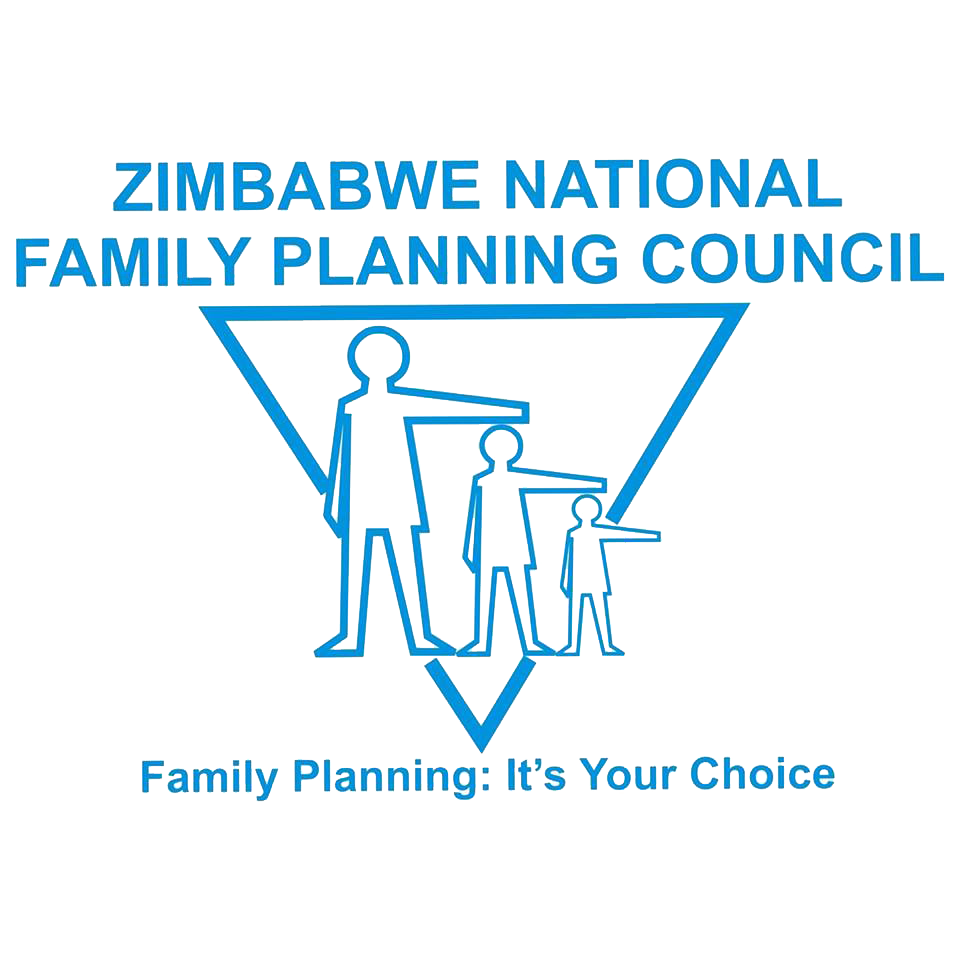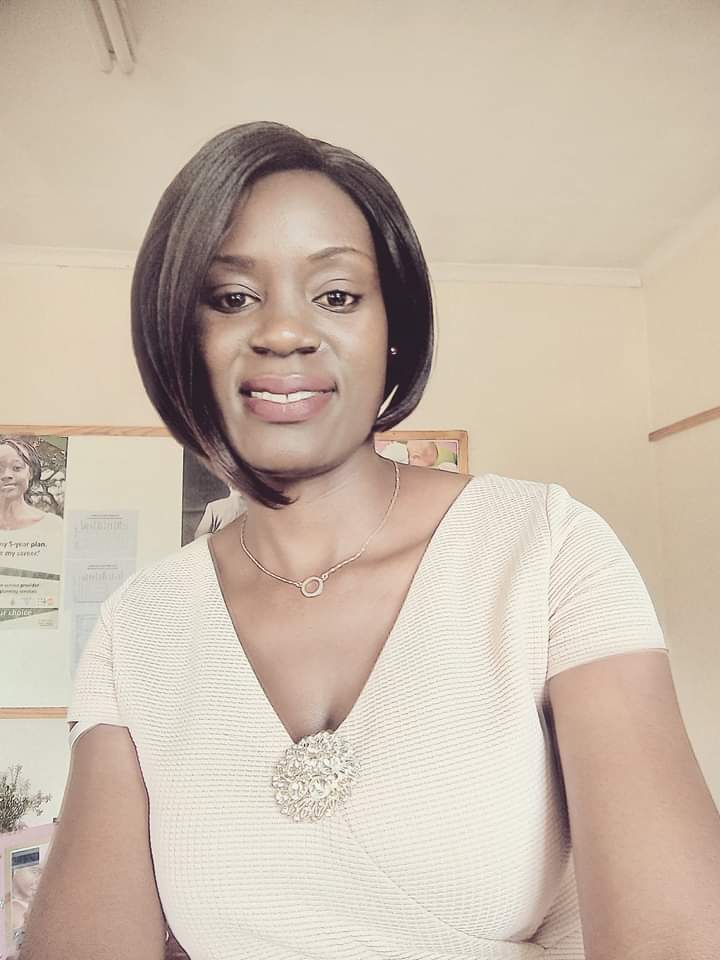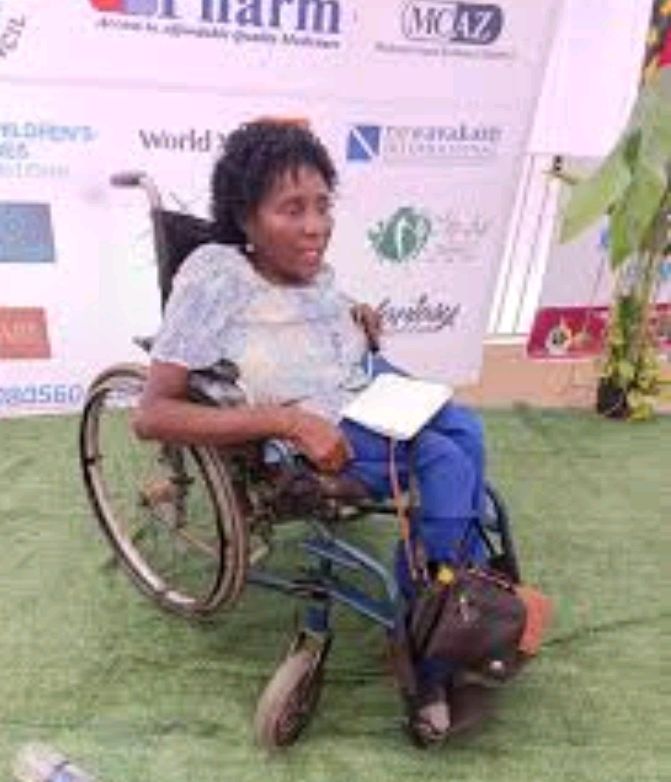
By Lewis Kuchineyi
The National Council of Disabled Persons of Zimbabwe(NCDPZ) has scaled up lobbying for the provision of comprehensive health services to persons with disabilities.
Particular attention has been given to access to sexual and reproductive health rights.
Despite the significant strides made in advocating for the promotion of rights for persons living with disabilities, they still face numerous barriers in accessing reproductive health services.
Access to health facilities remains a challenge, stigma and discrimination are also part of the challenges.
In addition, systematic biases such as restrictive policies and limited comprehensive sex education also affect access to health services.
NCDPZ national executive women’s chairperson Joyce Togarepi said people living with disability should be allowed to make their own choices.
“There is a habit whereby people want to make choices on behalf of persons with disabilities thinking that they are dead,” she said.
“We are very much alive and we are not asexual, we have needs just like everyone else.
“Just like every one of you, we assert that our bodies, our lives, and our choices are ours to make.
She emphasized the need to upscale health promotion amongst people living with disability.
This, she added will help in influencing informed decision making on health matters.
“It is not for you to make as health professionals. Give us a chance to make our own decisions after guiding us accordingly,” Togarepi pointed out.
Togarepi stressed the importance of comprehensive contraception that empowers persons with disabilities to plan for their families while we protecting their health and exercising self-determination so that they break cycles of dependence and poverty.
DEMAND FOR CHANGE
Togarepi stated that as NCDPZ, they are demanding for major changes in health service provision in the country.
“Accessible, inclusive reproductive health services, comprehensive sex education catering to diverse needs.
“Removal of legal and policy barriers, empowerment through choice and autonomy,” she said.

